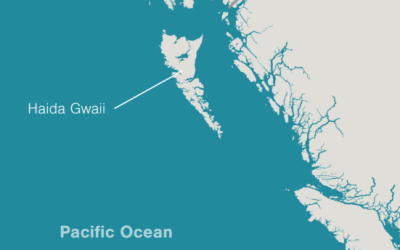Some murky wording in the provincial Expropriations Act could allow Rothesay to expropriate land on Scott Avenue for a recreation campus.
The town is currently in negotiations with the owners of four apartment buildings and a convenience store to purchase the land for a recreation project, which would include a field house.
The project, if successful, would displace 48 families who live in the buildings. The residents don’t want to move and the owners of the buildings have stated they don’t want to sell. Rothesay is continuing to negotiate, but expropriation could be an option if no deal is reached.
Under the provincial Expropriation Act it states:
The Lieutenant-Governor in council or a Minister of the Crown may expropriate where he considers it desirable for establishing or carrying out:
– any works or enterprise that he considers to be in the public interest;
– any public purpose, or
– any commercial, industrial or development purpose.
Joseph Quesnel, an analyst with the Frontier Centre for Public Policy, said New Brunswick is one of five provinces – along with Manitoba, Ontario, Alberta and Saskatchewan – whose expropriation legislation allows for too much interpretation.
For instance, Quesnel said the province allows municipalities to expropriate land for the purpose of economic development.
Asked if a recreation campus would fit the economic development criteria, Quesnel said this is where the problem arises.
"The problem with the legislation is shown by the difficulty of what we’re discussing," he said. "It’s so broad a concept it can be used to argue for basically anything and that’s what’s happening."
Quesnel said expropriation is normally used for "a clearly identified public purpose," such as highway or other road construction that is deemed crucial. However, in New Brunswick he said the broad language used in the document could allow for abuse of the legislation.
Quesnel said often times it’s people without resources or political connections who end up in the cross hairs of expropriation.
"Most people don’t have the resources of a government to continue the fight forever and you have to give in or settle for a lesser amount than what (the land) is worth," the policy analyst said.
Rothesay town manager John Jarvie said the town could only look at expropriation on Scott Avenue should council give its consent. He said what’s currently taking place is negotiations to purchase the land from the owners.
"If you can acquire a piece of land at a fair price, that’s usually the way it’s done," Jarvie said.
He said the expropriation process is lengthy and complicated. Rothesay went through the process about 10 years ago to install water pipes along Millennium and Campbell Drive, but settled with the property owner before the proceedings concluded.
"(Expropriation) is not a simple process," Jarvie said. "Sometimes you get started on the process and ultimately you reach a resolution."
For his part, Quesnel said the New Brunswick legislation needs to be revamped and safeguards put in place to protect landowners. He suggested a land owner’s bill of rights complete with the clause stating a land owner can appeal any expropriation to an independent body. Another idea is a clause in expropriation legislation clearly identifying what municipalities may or may not take.
As for individuals and families living on Scott Avenue, in a previous interview Rothesay Mayor Bill Bishop said they’re well-being is a priority.
"We’re very concerned about what would happen to individuals and families and we would want to make sure there’s accommodation for them before we took any drastic action," Bishop said.


